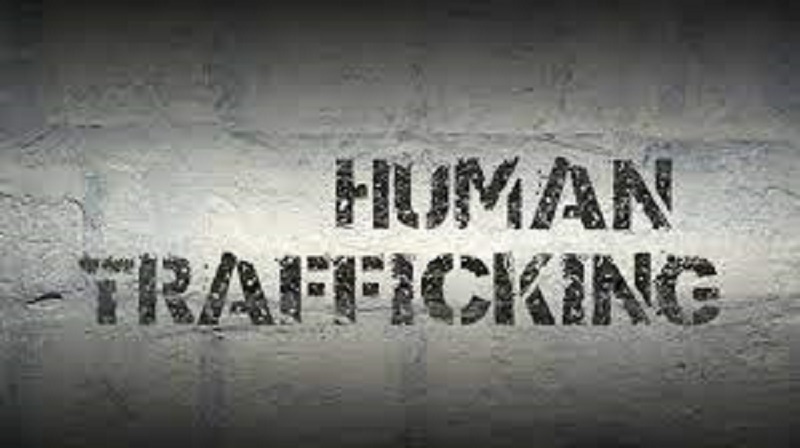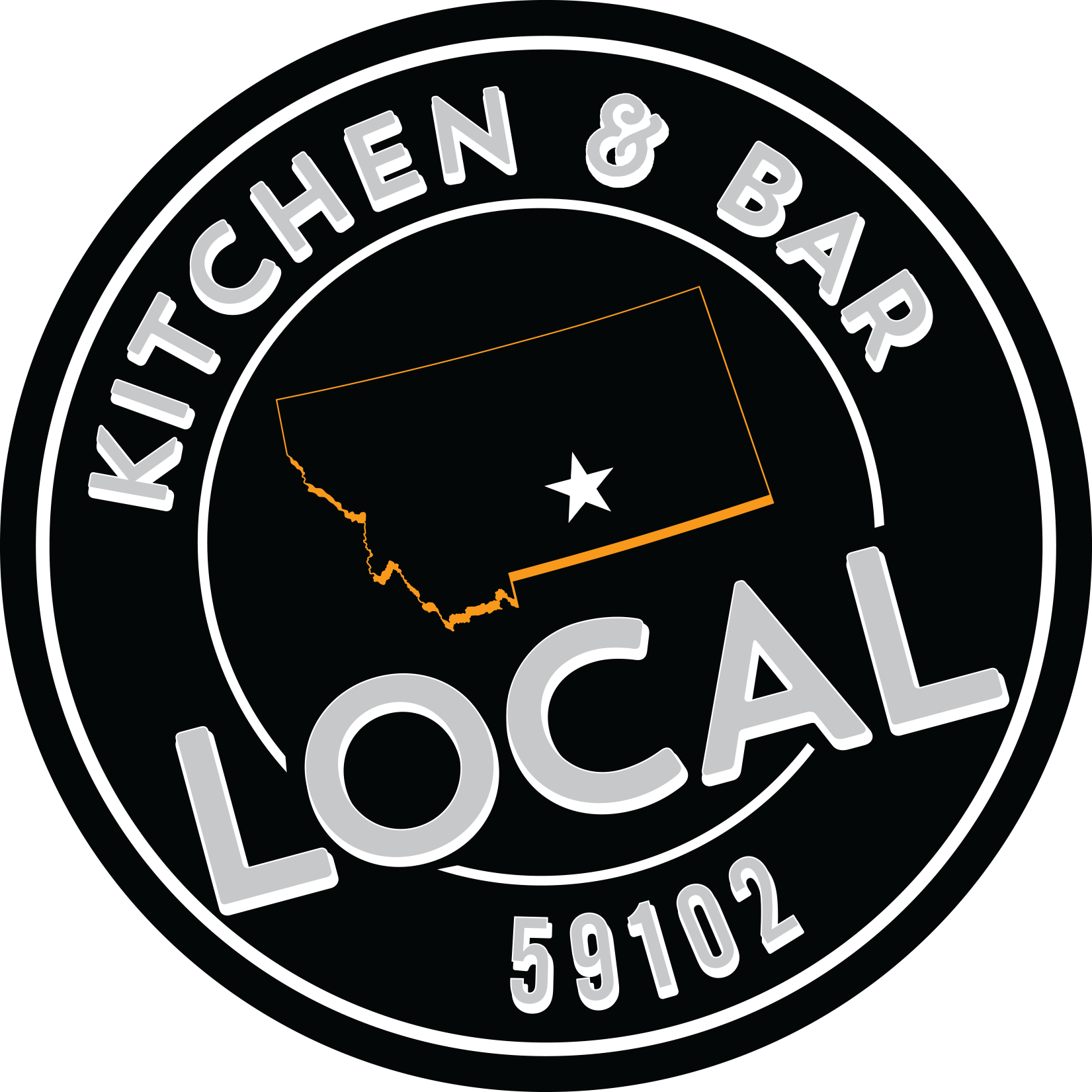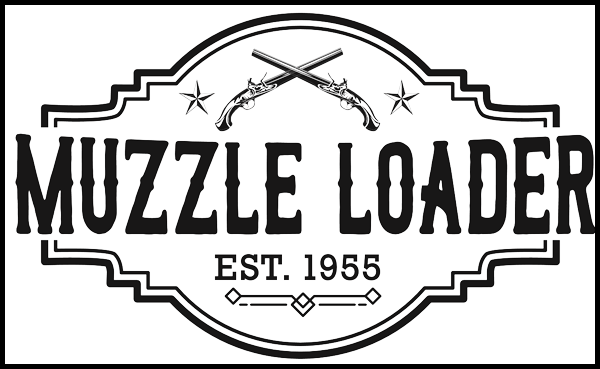Local News
Survivor of human trafficking in Montana urges others to seek help

Billings, Montana- After overcoming substance use disorders and the early trauma she claims rendered her vulnerable to sex trafficking, a Billings woman who escaped sex slavery is advocating for increased funding for residential treatment.
This survivor wants to inspire other women to get assistance, have faith in a better future for themselves, and stop feeling bad or ashamed about everything they have done or gone through.
“If we keep it hidden and in secret, the lights never going to get to it and it’s never going to get brought to the light or overcome or anything. It’s just going to be something we bury and pretend like it isn’t there. But then it creates a monster. We don’t need any more monsters in this world,” she said.
After being forced to send away 68% of incoming requests for emergency placement in 2022, the nonprofit organization HER Campaign in the Billings area wants to see increased financing for survivor care for victims of human trafficking.
“When we get a call for someone who is actively in trafficking and wanting to get out, they are in full-blown crisis mode. Being trauma-informed, we know that their brain is in fight or flight mode. They’re like, I have to get out of this situation and I have to get out now,” said HER Campaign co-founder Britney Higgs.
According to Higgs, the group receives calls and referrals from people, law enforcement, and other parties asking for a secure place for survivors to go.
The Billings woman who claimed to have escaped human trafficking claimed that years of sexual abuse and suffering in her early years left her vulnerable.
Her tale is typical of many who are victims of trafficking.
The effects of trauma on children might vary greatly. It can be challenging to discuss what happened. It can be simpler to explain how something feels than how it is.
“I felt like, unheard, and unseen, and I felt like I was like a replaceable thing. Like I wasn’t important, I guess you could say,” she said.
And when childhood trauma is not handled, it can result in harm that keeps getting worse over time.
“I started using drugs really young, like nine, nine years old…I moved out when I was 16. I had my first son when I was 17,” she said.
She entered the arms of hazardous individuals at the age of 19, saying, “I went out into the world without any idea of what I was walking into.”
She was admitted to a drug rehab facility in Oakland, was expelled, and was left living on the streets.
“A lot of predators out there, looking for young, vulnerable girls. Getting them strung out. That’s how it starts, and then they turn you into mules or trafficking, drug trafficking, sexual trafficking, and then it just goes on from there,” she said.
For nine months, she was trafficked in Los Angeles.
“One day when he was in the store, I got the courage to run away, and I ran away but he chased me and tried to put me back in his car. I fought him off, he wouldn’t have stopped trying to do that if the cops didn’t pull up and he finally drove away,” she said.
She is currently completing one of the last stages of the HER Campaign residential treatment program for victims of human trafficking, where her experience is not unusual.
The HER Campaign offers an eight-week emergency stabilization program and short-term safe housing where women can determine what to do next.
“What we are typically seeing is survivors that had childhood trauma that led them to become vulnerable to stepping into trafficking,” Higgs said.
Additionally, 22 persons were served by their residential long-term treatment program last year. They were forced to direct 48 women to hotlines or other programs after receiving 70 calls for emergency placement.
“It just depends, case by case, but if there is somebody who needs to be here, whether that’s to testify, or whether they’re in probation and parole, and depending on the situation they cannot leave. If we’re full, there’s not a lot of other options for them to be safe, especially if they’re testifying,” Higgs said.
According to Higgs, additional funding is required for survivor treatment in order to protect survivors from being trafficked once more and to prosecute traffickers.
Statistics on the number of sex-trafficked individuals at the national level are difficult to come by. The 2,500 beds designated for residential treatment for survivors of sex trafficking, according to Higgs, are far from sufficient.
According to Higgs, the purpose of their treatment program is to walk alongside survivors as they transition from being rescued to recovering to becoming economically independent.
Call 1-888-373-7888 to reach the national human trafficking hotline. You can text or contact the Montana human trafficking hotline at 1-833-406-STOP (7867).






Leave a Reply